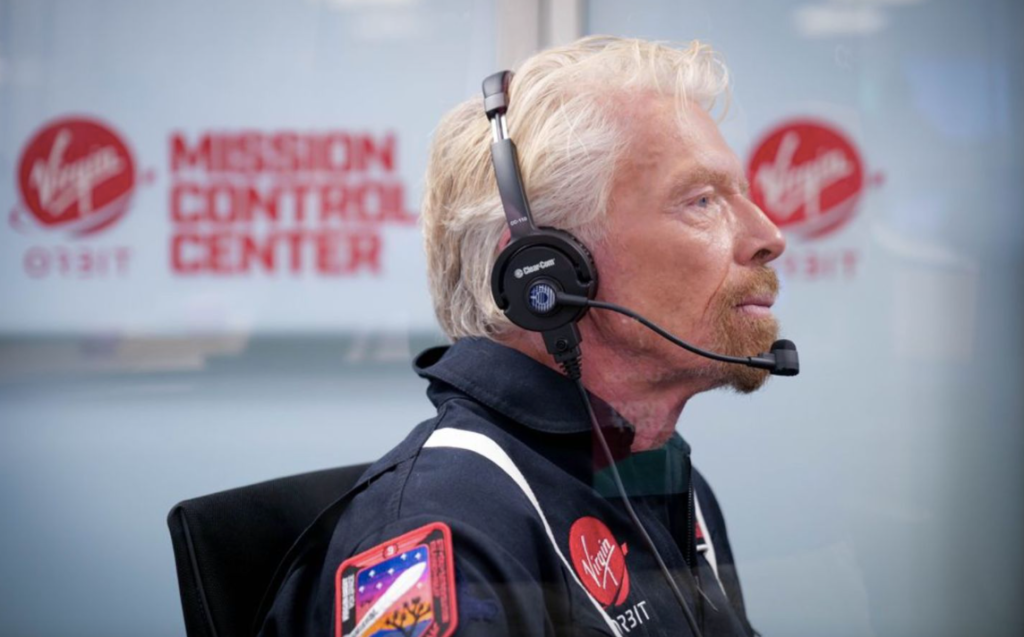|
Getting your Trinity Audio player ready...
|
In a significant blow to Sir Richard Branson’s space venture, Virgin Orbit, the company has officially ceased operations after facing financial challenges and a major mission failure earlier this year. The California-based rocket firm, valued at $3.7 billion in 2021, sold its assets and leases for a fraction of its previous worth.
Virgin Orbit recently filed for bankruptcy protection in the United States, citing its inability to secure new investment. In a bid to stabilize its financial situation, the company paused operations temporarily but ultimately had to make the difficult decision to shut down.
One of the company’s notable setbacks occurred in January when its LauncherOne rocket failed to complete the first-ever satellite launch from UK soil. Although the rocket reached space, it fell short of its intended orbit. The mission, which aimed to mark a milestone in UK space exploration, ended in disappointment and raised questions about the viability of Virgin Orbit’s operations.
As part of its winding-down process, Virgin Orbit sold its headquarters, rocket factory, and equipment to Rocket Lab, a rival start-up, for $16.1 million. Aerospace firm Stratolaunch acquired Virgin Orbit’s converted Boeing 747 jet, known as Cosmic Girl, for $17 million. Additionally, Launcher Inc, another space company, purchased Virgin Orbit’s launch site and lease in the Mojave desert for $2.7 million.
The downfall of Virgin Orbit is a significant setback for Sir Richard Branson’s business empire, which includes other ventures such as the airline Virgin Atlantic and space tourism company Virgin Galactic. Despite its ambitions and investments, Virgin Orbit never managed to turn a profit as a public company since its establishment in 2017.
The company’s struggles highlight the challenging nature of the space industry and the difficulties faced by start-ups in a highly competitive market. While Virgin Orbit’s closure is undoubtedly a disappointment, the wider implications for the UK’s aspirations in the space sector remain to be seen. The setback underscores the complex and demanding nature of achieving success in the realm of space exploration and satellite launches.
As the dust settles on Virgin Orbit’s closure, industry observers will closely monitor the developments and evaluate the lessons learned from its journey. It serves as a reminder that the pursuit of space ventures requires substantial financial backing, technological prowess, and a strong business strategy to navigate the complex and unforgiving nature of the industry.
Furthermore, the closure of Virgin Orbit raises questions about the broader landscape of space exploration and satellite launches. The UK government had hoped that the company’s mission success would propel the country towards becoming a global player in the space industry. Aspirations included manufacturing satellites, building rockets, and establishing new spaceports within the nation. However, with the setback faced by Virgin Orbit, these ambitions may experience a temporary setback.
The space industry is known for its inherent challenges, requiring significant financial investments, advanced technology, and precise execution. Start-ups, in particular, face a steep uphill battle to secure funding, overcome technical hurdles, and establish a sustainable business model. Virgin Orbit’s demise serves as a cautionary tale for aspiring companies seeking to carve their niche in the competitive space sector.
While Virgin Orbit’s closure is undoubtedly a disappointment, it is not an indictment of the entire space industry. Other players, both established and emerging, continue to make strides in space exploration and satellite deployment. Companies like SpaceX, Blue Origin, and Rocket Lab are actively pushing boundaries and achieving notable successes. Their accomplishments underscore the fierce competition and immense potential of the space market.
As the industry evolves, it is crucial for companies to learn from the experiences of ventures like Virgin Orbit. The importance of financial stability, strategic planning, and technological expertise cannot be overstated. Start-ups must carefully navigate the complexities of regulatory frameworks, secure reliable funding sources, and demonstrate their ability to deliver results consistently.
The closure of Virgin Orbit should not dampen the enthusiasm and ambitions of those in the space industry. Instead, it should serve as a reminder of the challenges that lie ahead and the need for resilience, adaptability, and innovation. The lessons learned from Virgin Orbit’s journey can contribute to the growth and development of future space ventures, fostering a more robust and thriving ecosystem.
As the space industry continues to evolve, the hopes and dreams of space exploration remain alive. Entrepreneurs, scientists, and visionaries will persevere, seeking to unlock the mysteries of the universe and push the boundaries of human knowledge. While the journey may be arduous and fraught with obstacles, the allure of the final frontier will continue to inspire and captivate the human spirit.
